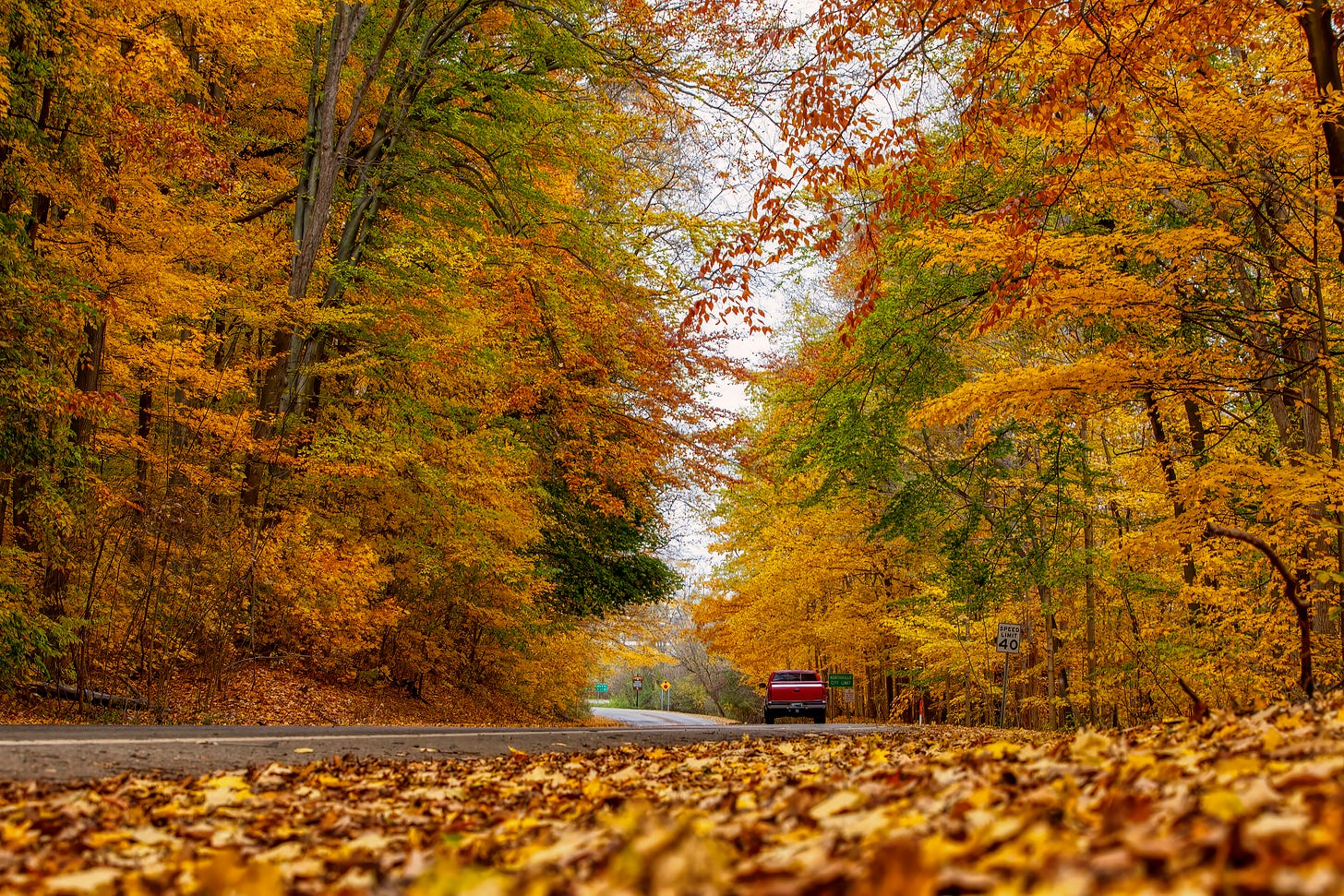My family on my father’s side is from Iowa, by way of New Hampshire, by way of East Anglia, England (thus my very British name). My ancestors came to America as Puritan colonists. They were part of the migrant wave that arrived in New England shortly after the Pilgrims from Plymouth upon whose travails the Thanksgiving legend is based. If I’m getting any of this wrong, my father, who has tracked this closely, can correct me in the comments.
My mother is an immigrant from Japan, sort of. She was born in Hawaii before it was a state, then fled with her mother and sister to Japan at the beginning of America’s entry into World War II, when the government started rounding up Japanese nationals and Japanese-Americans (her father was imprisoned in the internment camps). She came back to the U.S. to go to college — Massachusetts, actually, where I assume my father’s ancestors had first landed. By then she had been granted American citizenship,* as Hawaii was now part of the United States. Nobody can tell me whether these unusual circumstances make her a first generation American or a second (and, by extension, whether I’m second or third generation).
With family on one side stretching all the way back to the colonies and, on the other, a story of recent immigration, I like to think that my brother and I bring together two quintessential strains of the American experience. Alongside my belief that this country, for all of its many and profound flaws, is still among the best places on earth for an ordinary person to live, this fundamentally American family history of mine endows “patriotic” holidays like Thanksgiving and Independence Day with more meaning for me than they would otherwise.
No society is perfect, and no society is uniquely evil. Both conceits are rooted in collective narcissism — one that predominates on the right, the other on the left. Celebrating one’s country isn’t an assertion of national superiority, or at least it shouldn’t be, and therefore doesn’t require the chiding revisionism this holiday receives every year from a million pedants from sea to shining sea. The political “debate” over the meaning of this holiday has become as much a ritual as cranberry sauce. It’s totally gratuitous. There’s nothing inherently political about taking a moment to appreciate being American. You don’t even have to be proud of it. You can just be grateful for the parts that deserve our gratitude.
*See correction from my dad.




There is never a bad time to express gratitude and to tally up all the many things we have to be grateful for, and as we can all see in our many daily battles (political or otherwise) people who are incapable of gratitude seem to be very unhappy and not exactly fun to be around.
And in the spirit of gratitude, I want to thank you Leighton for all your excellent work and for giving me so much to think about.
Cheers and Happy Thanksgiving!
That is a beautiful tribute of thanksgiving.
Your mother was a US citizen by birth (8 USC 1405). I think that her father (your maternal grandfather) would be considered to be Issei (a first generation immigrant} even though he was in Hawaii on temporary assignment, not as an immigrant. That would make her Nisei, and you and your brother Sansei.
I don't know the motivation for our immigrant ancestor's having left England for the US, so I don't know whether "Puritan" is a correct term.